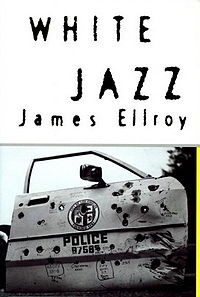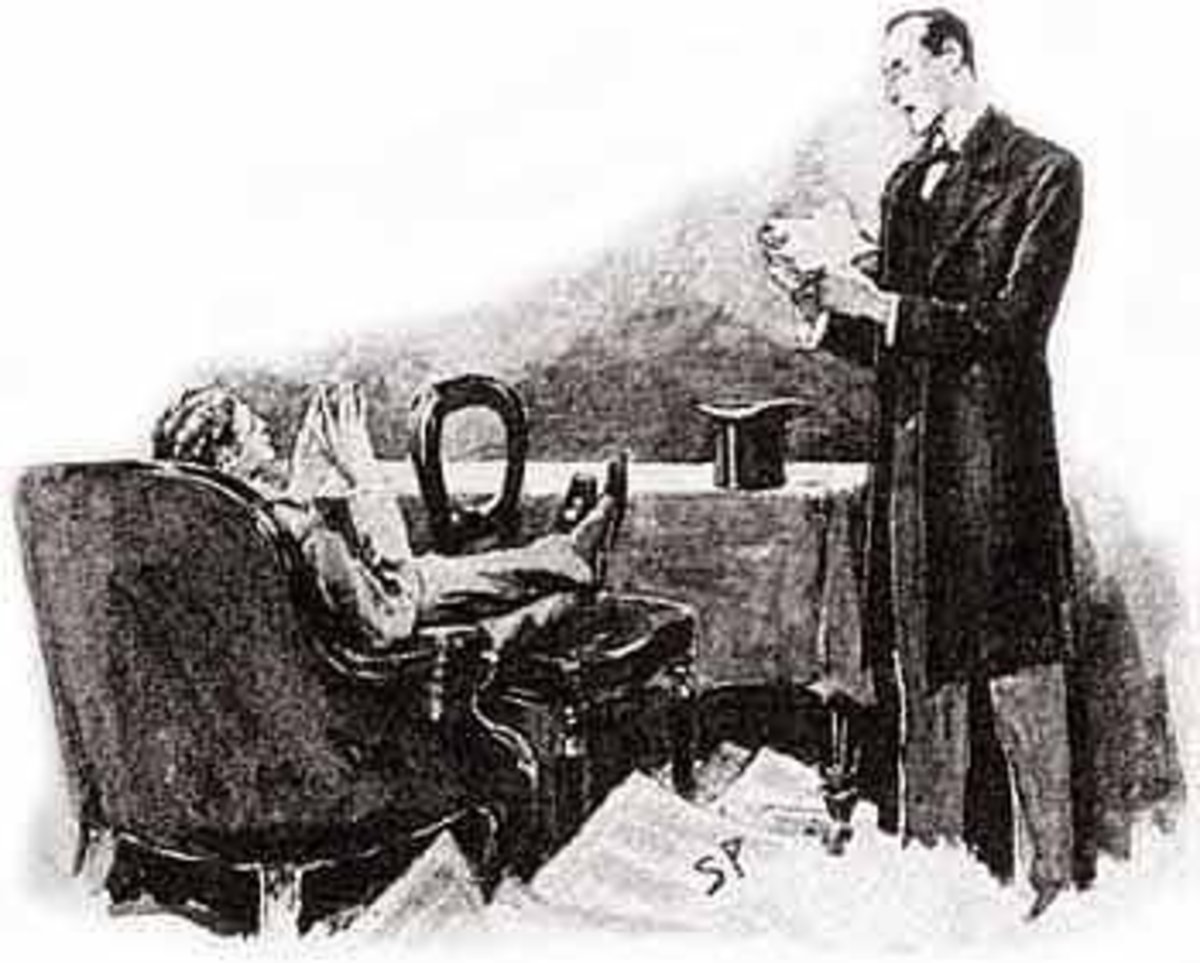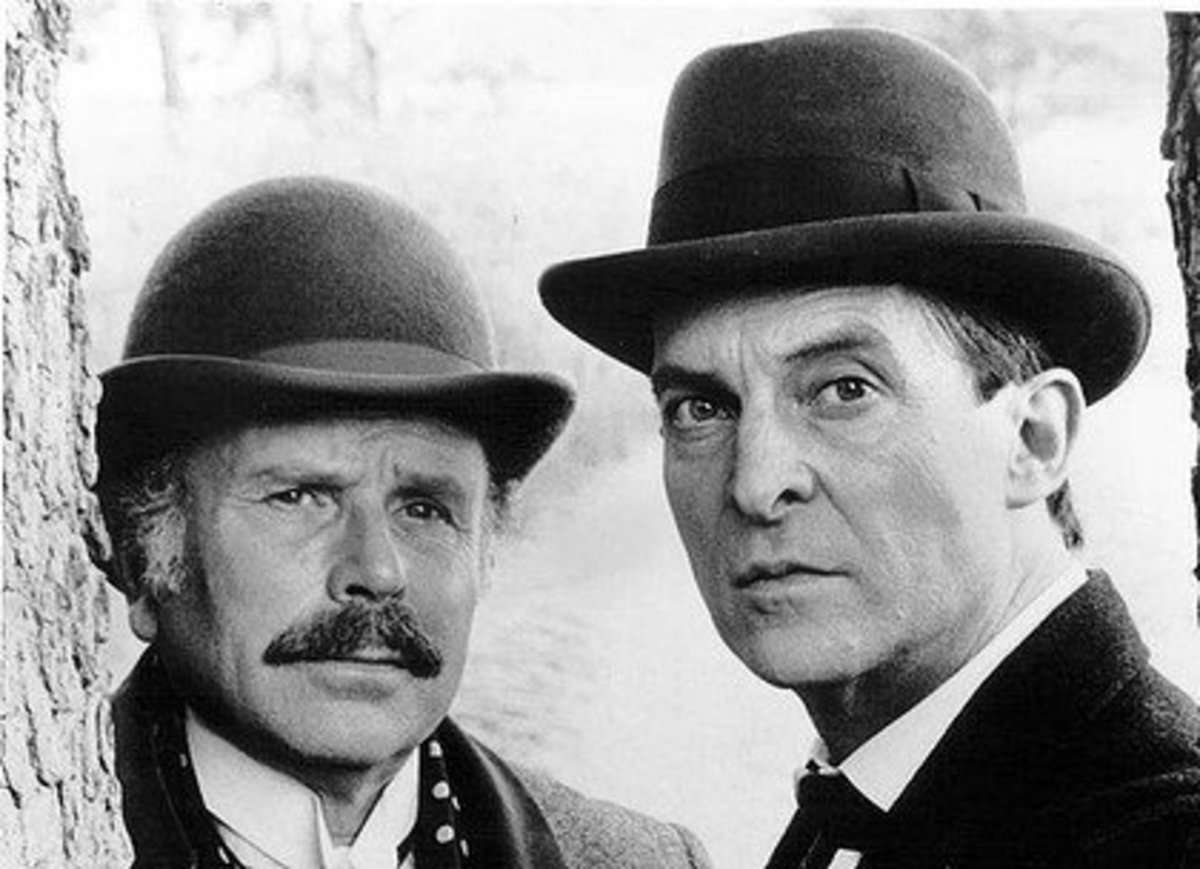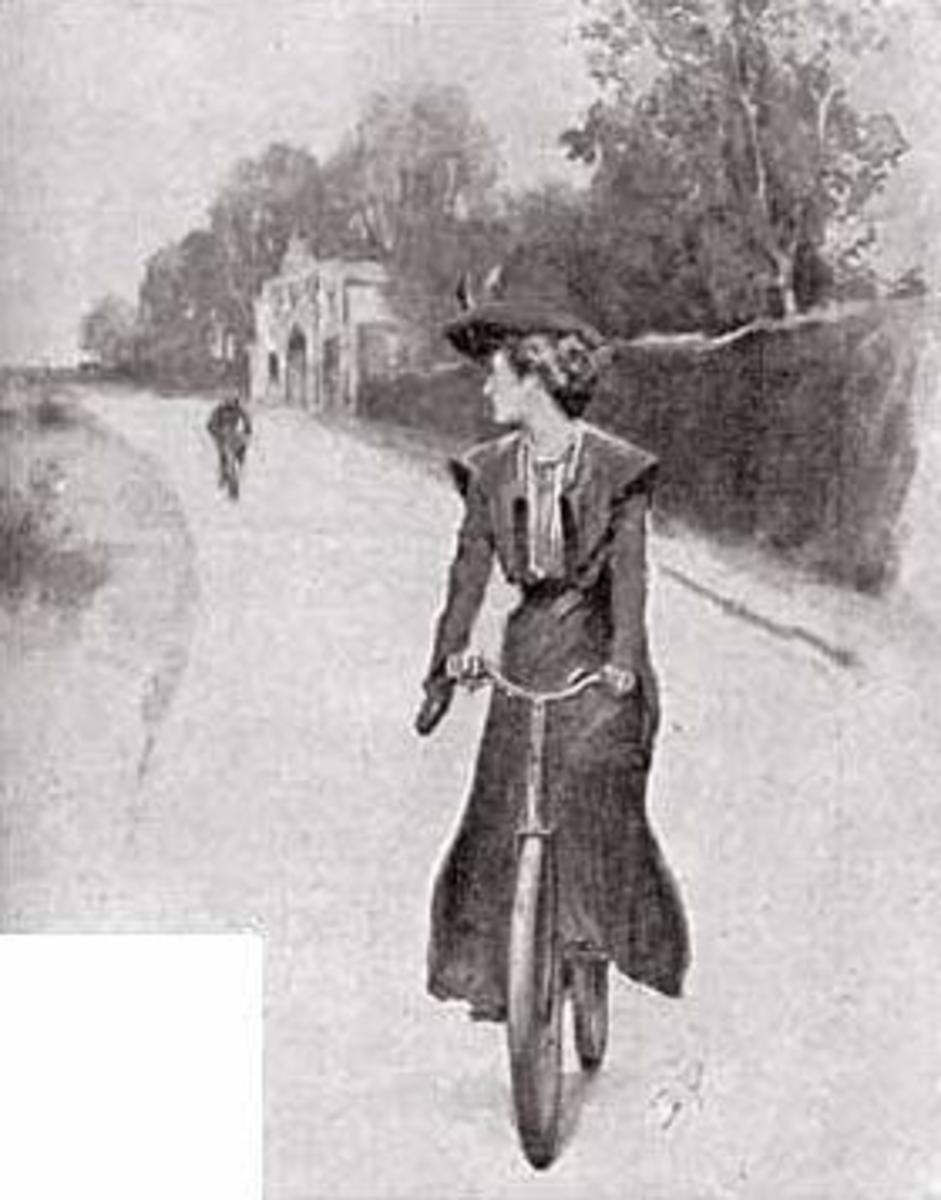White Jazz: A Book Review

Today we're going to take a look at a novel by James Ellroy. The book is called White Jazz, and like almost all of Mr. Ellroy's novels, it is set in 1950s Los Angeles, against a backdrop of corrupt cops, mobsters, departmental collusion with the underworld, and psychopathic killers.
Let's start with this...
What do you get with a James Ellroy novel? What will you be looking at when you enter the world of 1950s Los Angeles, as Mr. Ellroy sees it?
Take the television show Criminal Minds, about the Behavioral Analysis Unit of the FBI, who track down serial killers with exotic modus operandi --- and combine it with the former television show The Shield, about a unit of corrupt cops in Los Angeles (starring Michael Chiklis) --- and you have the core ingredients of a James Ellroy novel.
Point of View...
James Ellroy novels tend to be what are called police procedurals. This means, first of all, that it is official law enforcement that solves the crime(s) and, thus, delivers 'closure' and 'justice for the victims and their families..." yada, yada, yada. Also, we the readers, are let in on some of the details or 'procedures' that law enforcement uses to collect the necessary information about a crime with which to identify a suspect, and put together a prosecutable case against him. Now then, the 'procedure' will be slightly different today than it would have been in the 1950s, for two reasons I can think of: technology and the Mob.
There has been a evolution of technology since the fifties (computers and high-speed telecommunications and the like). The other possible difference in 'procedure' between the 1950s and today concerns the American Mafia. In the 1950s the Mafia was at its peak of strength and influence. It would not be until 1970 when the Justice Department was given effective tools to combat the Mob: the Rico Laws and the Federal Witness Protection program; and it would not be until the mid-1980s when law enforcement, apparently, understood how to effectively use those tools to fight the Mob.
So, if there is any substance to the saying about "...art imitating life," then we can judge from James Ellroy's novels that law enforcement, in the 1950s,---because of the Mafia's great power and influence---took a pragmatic approach in their interactions with the organized criminal underworld.
Antihero
Another usual feature of Ellroy's novels is that the main character, the protagonist, is NOT a hero, if by that you want an unambiguous, nearly one hundred percent 'pure' good guy, who sees life in terms of moral absolutes, black-and-white, and all that good stuff. Ellroy's protagonists are NOT that!
No, Ellroy's protagonists tend to be 'bad' guys doing bad things. But there are two things, as I see it, that make these guys redeemable, sympathetic---so that we can endure their company for three, four, five, even six hundred pages.
1. Though Mr. Ellroy's protagonists are usually bad guys doing bad things, they mostly do these bad things to other bad people. Pragmatism aside, they do know the difference between right and wrong; there is a line they will not cross; indeed, it is the crossing of this 'line,' which usually provokes the outrage and Ellroy's main characters. They are bad but not 'evil.'
There is one character in White Jazz whom I would consider to be close to truly evil: Lt. Dudley Liam Smith of Homicide. His serious transgressions do not appear to have been motivated by psychological or emotional stressors, revenge or some kind of outrage, or anything else exercising some kind of inexorable influence over him. Simple, non-desperate greed seems to have been at work, as far as I could tell. And remember what I said about Ellroy's sympathetic antiheros not going out of their way to victimize ordinary people---or 'square johns' as Ellroy's novels call them. Dudley Smith apparently never suffered such a compunction.
For example, there is a scene in the book in which it is revealed that back in the 1930s, two friends and business partners had gone into brewing homemade liquor. They got greedy and started using inferior but much cheaper ingredients to increase their profits. Well, there was a big problem with this cut-rate product: it caused permanent blindness in a dozen people. One day, one of these cut-rate liquor-blinded men came into a bar with a shotgun and randomly shot, killing three people, before killing himself.
Then Sergeant Dudley Liam Smith investigated. He found the solution pretty quickly. He approached the two 'entrepreneurs' with a deal: Give him, Dudley, a healthy cut of the profits and mum's will be the word from him. But Smith did not stop there. It was explained that one of the partners, a man named J.C., had a mean streak.
Well, Dudley Smith 'cultivated' J.C.'s 'mean streak' in such a way that the policeman actually convinced him to start selling narcotics. The purpose: to keep Southside, a black areas of the city 'sedated.' All of this feeds into a strategy of what Smith calls 'containment' (as a short hand, think of this term 'containment' as meaning roughly the same thing Truman meant by it, when he used the term in application to Communism).
Dudley Smith is a recurring character in Ellroy's novels. He most often plays the role of the snake in the Garden of Eden. It is when he plays the role of instigator that he is at his most sinister, manipulative, and dangerous. Smith doesn't always do things himself, but gets other people to do them by enticing them to the dark side.
It is this impersonal, rather clinical cruelty which makes Dudley Smith more than merely 'bad' but sinister bordering on 'evil,' in my opinion. It turns out that it was Dudley's calculated gross dereliction of duty with respect to the cheap liquor inducing blindness slayings that actually set up the 'present-day' string of psychopathic killings. Let's move on.
2. The second thing that makes Ellroy's anti-heroes sympathetic is the much greater Bad (or 'evil') he faces. In other words, our main character may be 'bad' but there is some other person floating around this story who is absolutely f---ed up, sick, evil, twisted creature who must be stopped.
-----------------------------------------------------------------------------------------------------------------
Here, I would like to reiterate two definitions I usually give when dealing with suspense fiction. There is the mystery story and there is the crime story, which are both distinctly different from one another, as I see it.
1) A mystery is a 'whodunnit' story. The central issue is who did the murder(s). When the 'who' is revealed, we then learn all about the 'motive' behind the crime. The whole book or story is hurrying us to 'the big reveal,' as it were.
2) A crime story or novel makes known to us, the readers, the identity of the perpetrator, from the very beginning. The drama of the whole thing is the forces that drove him to do whatever it is that he did and how he feels about it. The suspense of the whole affair is about whether of not he will get away with it.
In my reviews I usually say that a novel is either one thing or the other, a crime or mystery story. The typical James Ellroy novel, including White Jazz, manages to be both. They are crime stories in that there is a protagonist who has committed and is committing crimes; and the suspense involves the question of whether or not he will get away with his criminal activity. His books tend to be, simultaneously, mystery stories, in that we are presented with a genuine 'whodunit'---the whodunit being: who committed the string of grisly, horrific mutilation murders.
-----------------------------------------------------------------------------------------------------------------
In White Jazz we have the protagonist, Dave Klein, a Lieutenant, head of the Administrative Vice section of the Los Angeles Police Department. He collects a check from the city of Los Angeles to 'protect and serve,' 'keep the peace,' and all that.
He is a slumlord, taking maximum rent for rather minimal living accommodations.
He is a 'strong-arm,' man, plying the trade of extortion. Here's our boy dissuading a gentleman from running for city council---p.35:
Shakedown:
"This was supposed to be some kind of setup, but those policemen broke it up. You were heading for the scandal sheets, something like 'Red Politician Blah Blah Blah.' You come across and that won't happen, because I sure would hate for your wife to see this film. Now, are you sure you want to be a city councilman?"
Sobs.
Brass knucks on. "Are you sure?"
More sobs.
Kidney shots---my knucks tore flab.
"Are you sure?"
Beet-red bawling: "Please don't hurt me!"
Two more shots---Diskant belched foam.
"You drop out tomorrow. Now say yes, because I don't like this."
"Y-yes p-p-p---"
And so on and so forth. So Lt. Klein will work a guy over on behalf of certain interests, but he at least has the decency left to feet bad about it. I'm serious! In this world, that is no small thing.
Dave Klein is a bagman. From reading Mr. Ellroy's novels, it seems that a "bagman" is a cop who acts as a kind of 'liaison,' let us say, between law enforcement and the Mob. He's the guy who picks up the payoffs from the Mafia to the police. But a bagman is also more than that: a kind of all-purpose, freelance, facilitator, procurer, fixer, hit man on behalf of underworld interests.
At the beginning of the novel, Dave Klein has done something terrible. The lieutenant is a murderer. Los Angeles Mafia chieftain, Mickey Cohen, gave Klein an assignment, a request from the even more powerful Mafia Don, Sam Giancana. Klein is asked to kill a professional boxer, who has agreed to be a prosecution witness is a gambling scandal concerning prize fighting.
Klein does this.
The thing is: The FBI is going to launch a full-scale investigation into local police corruption.
The (crime) question is this: How will Dave Klein make out in the end? Will he wind up dead, assassinated by the Mob or by seriously pissed off feds (for Klein's transgression of killing a federal witness), in a jail cell for life, in a jail cell on death row; or will he swing some kind of deal---his freedom for a boatload of turning state's witness, testifying in court against even 'bigger fish,' as it were? Or will he just run? if he does run, will he make it?
If you take up this book and start reading it, you will ask yourself these questions, I think. Because, for all of his flaws, you will find yourself caring about what happens to Klein. You will likely find him sympathetic, as I did.
In the midst of all of that, Klein doggedly pursues the answer to the mutilation killings. He pursues this even when things have gone long past his authority to 'arrest' anybody. But I don't want to give the story away.
If you are into 'hard-boiled' crime fiction---read this book! Read this book! Read this book!
Thank you for reading.



